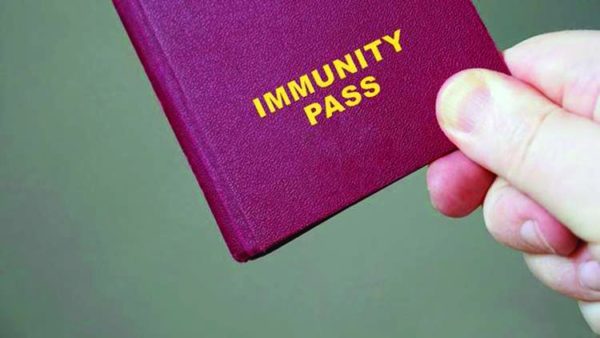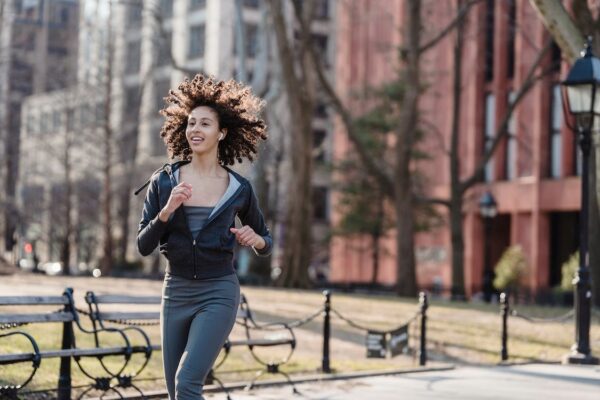
Vaccine Passports Could Encourage a Further 6 Million People to be Vaccinated
Following on from The Prime Minister’s announcement on Monday regarding the govts review of vaccine passports as a feature in COVID-19 recovery plans, new research has revealed that nearly 6 million more Britons could be convinced of the value of vaccine passports, if their use might save local high-street businesses.

31% of UK businesses who have paused trading or are temporarily closed have no or low confidence in surviving the next three months with 55% having less than 6 months’ cash reserves and as many as 10% of businesses currently not trading listing no cash reserves at all. This is particularly problematic for arts, entertainment, hospitality, and sports venues – businesses who rely on operating at capacity to stay afloat. And although lockdown measures are due to be lifted throughout the Spring and early summer, social distancing requirements are likely to remain in place for some time as we push toward herd immunity, putting businesses who rely on operating at capacity at further risk of permanent closure.
This means that the 6 million who would re-consider vaccination and vaccination passports if their local venues and businesses were facing closure, could be the key to reaching herd immunity in England.
Hillary Cannon, Director of the myGP TICKet Innovation, comments on why vaccination verification technology really is key to the survival of small businesses in particular: “We all know that lockdowns and social distancing has brought arts and events venues, restaurants, and the hospitality sector – all of our most beloved industries– to their knees. We also know that these venues rely on opening at capacity, so social distancing measures don’t help. Vaccine passports achieve two critical objectives – allowing venues to open safely at capacity and encouraging uptake of the vaccine across the population.”
The myGP TICKet, which begins beta testing in mid-March, will allow businesses whose viability depends upon operating at capacity – such as the retail, leisure, the arts and hospitality sectors – the ability to open either full or part-time to vaccinated individuals, without the need to observe strict social distancing rules. In addition, the technology will reduce the administrative burden on GPs, who will likely be busy with requests for verification of vaccination status as people begin to return to everyday life around the country.
Dr William Budd, research clinician and advisor to myGP comments: “It’s really encouraging to see this type of innovation, particularly given the positive comments relating to the Oxford vaccine in The Lancet. Speeding up a return to normal with this technology and a vaccine that looks to prevent transmission is a brilliant combination.”













































